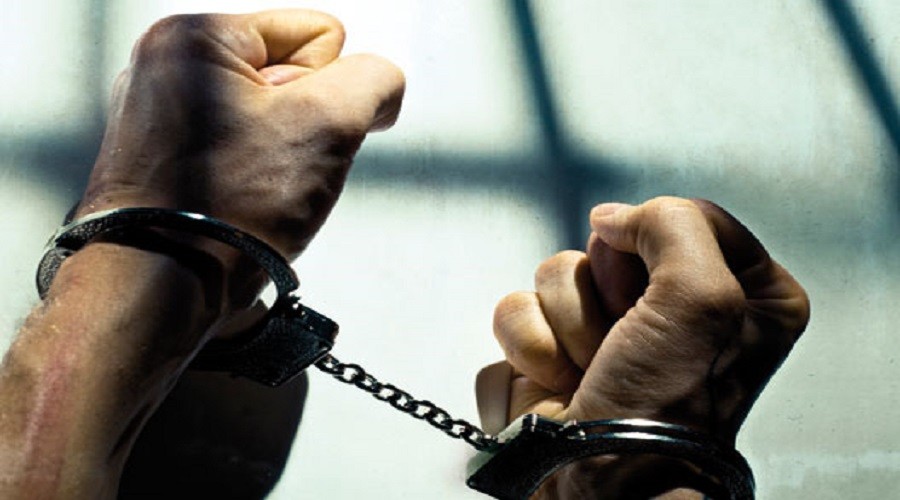A republished article from Andy Henion at Michigan State University on Futurity, a non-profit website that features the latest discoveries by scientists at top universities in the US, UK, Canada, Europe, Asia, and Australia. Read the original article here.
Sleep-deprived people are much more likely to sign false confessions than rested individuals, according to a new study that has important implications for police interrogation practices. The odds of signing a false confession are 4.5 times higher for people who have been awake for 24 hours than for those who had slept eight hours the night before.
“This is the first direct evidence that sleep deprivation increases the likelihood that a person will falsely confess to wrongdoing that never occurred,” says Kimberly M. Fenn, associate professor of psychology at Michigan State University. “It’s a crucial first step toward understanding the role of sleep deprivation in false confessions and, in turn, raises complex questions about the use of sleep deprivation in the interrogation of innocent and guilty suspects.”
False confessions in the United States are thought to account for 15 percent to 25 percent of wrongful convictions. And past research has indicated that the interrogation of unrested, possibly sleep-deprived suspects is commonplace.
For the study, 88 participants completed various computer activities and a cognitive test during several laboratory sessions over a weeklong period. Participants were given several warnings not to hit the “escape” key because “this could cause the computer to lose valuable data.” Participants were monitored during the tasks.
On the final day of the experiment, half of the participants slept for eight hours while the other half stayed awake overnight. The next morning before leaving the lab, each participant was shown a statement summarizing his or her activities and falsely alleging the participant had pressed the escape key. Participants were asked to sign the statement, check a box confirming its accuracy, and sign their name.
The results were striking: 50 percent of sleep-deprived participants signed the false confession, while only 18 percent of rested participants signed it. Further, sleep deprivation had a significant effect on participants who scored lower on the Cognitive Reflection Test, which is related to intelligence. Those participants were much more likely to sign the false confession.

To protect against the harmful effects of false confessions, the researchers recommend interrogations be videotaped, giving judges, attorneys, and jurors added insight into a suspect’s psychological state.
Suspects also can be given a quick and easy test to determine sleepiness prior to an interrogation. Participants in the current study that is published in the Proceedings of the National Academy of Sciences, were given the publicly available Stanford Sleepiness Scale; those who indicated a higher level of sleepiness were significantly more likely to sign the false confession.
“A false admission of wrongdoing can have disastrous consequences in a legal system already fraught with miscarriages of justice,” the authors write. “We are hopeful that our study is the first of many to uncover the sleep-related factors that influence processes related to false confession.”
Researchers from the New School for Social Research, California State University, and the University of California, Irvine, are coauthors of the study.
Source: Michigan State University
Original Study DOI: 10.1073/pnas.1521518113
‘Lack of sleep can lead to false confessions’ by Andy Henion, Michigan State University on futurity.org.
Republished under CC-BY-4.0.









